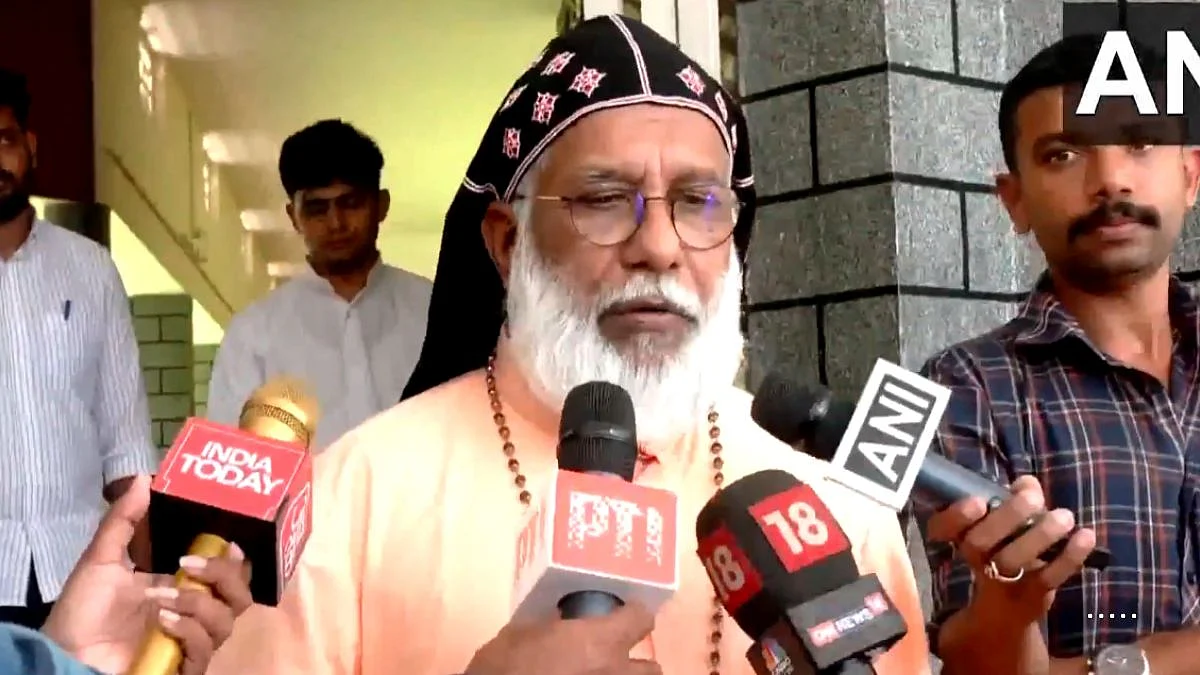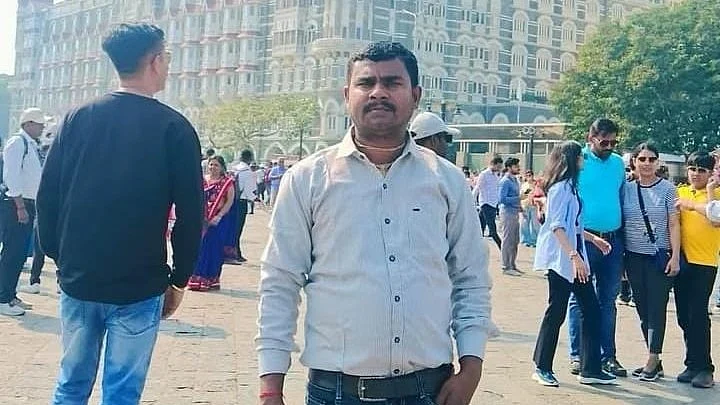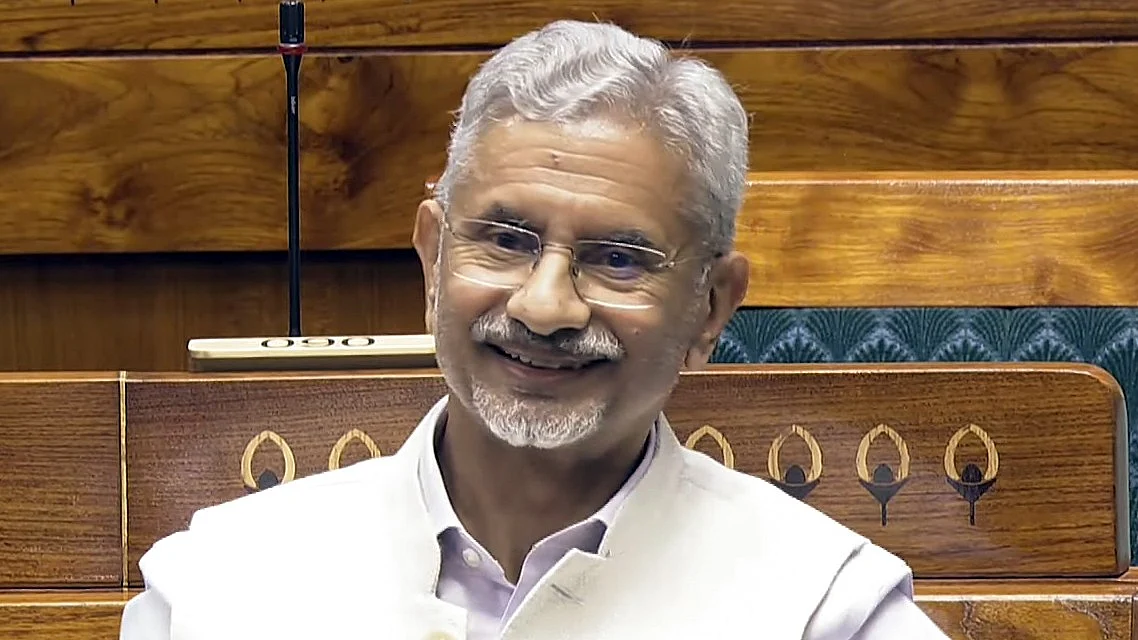Nagpur, February 21: The Nagpur Bench of the Bombay High Court acquitted eight men convicted in a 2010 gang rape case, overturning their 10-year sentences due to inconsistencies in the prosecution’s evidence and the complainant’s testimony.
About the Case
On June 24, 2010, the complainant, feeling unwell, visited the government hospital, only to find it closed. While waiting near a school for an autorickshaw to return to her village, an accused arrived around 4:00 PM with four passengers already inside.
The woman got into the auto-rickshaw, but instead of taking her to her village, the driver changed the route. After dropping off the four passengers, he continued driving with her alone.
The auto driver, with the help of several men, allegedly forced the woman into another rickshaw while two others followed on a motorcycle. She was taken to a secluded area, where the accused, using condoms, raped her in turns. Around 9:00 PM, they abandoned her at a bus stop, where she spent the night before taking the first bus home. Upon reaching home, she informed her mother, leading to an FIR being filed.
About the Court Trial
The woman and her mother, the prime witnesses for the prosecution, were declared hostile during the trial as they did not support the prosecution's case.
Justice GA Sanap observed that while the woman initially accused the men, she later contradicted herself, claiming her statement was made under pressure. The court ruled that unreliable and inconsistent evidence could not justify a conviction.
The prosecution relied on DNA reports to prove the accused's involvement, but Justice Sanap found flaws in the forensic process. The court noted the lack of expert testimony to verify the DNA evidence and an unclear chain of custody for the samples, raising concerns about possible contamination or tampering.
As per a report by The New Indian Express, the trial court heavily relied on the complainant's Section 164 CrPC statement, despite her later contradictions during cross-examination. Justice Sanap noted that the fluctuating testimony warranted caution before convicting the accused.
He stressed that even if parts of a witness’s account support the prosecution, overall credibility is key in determining guilt. He further emphasized that courts must prevent wrongful convictions resulting from flawed investigations or coerced testimonies.









